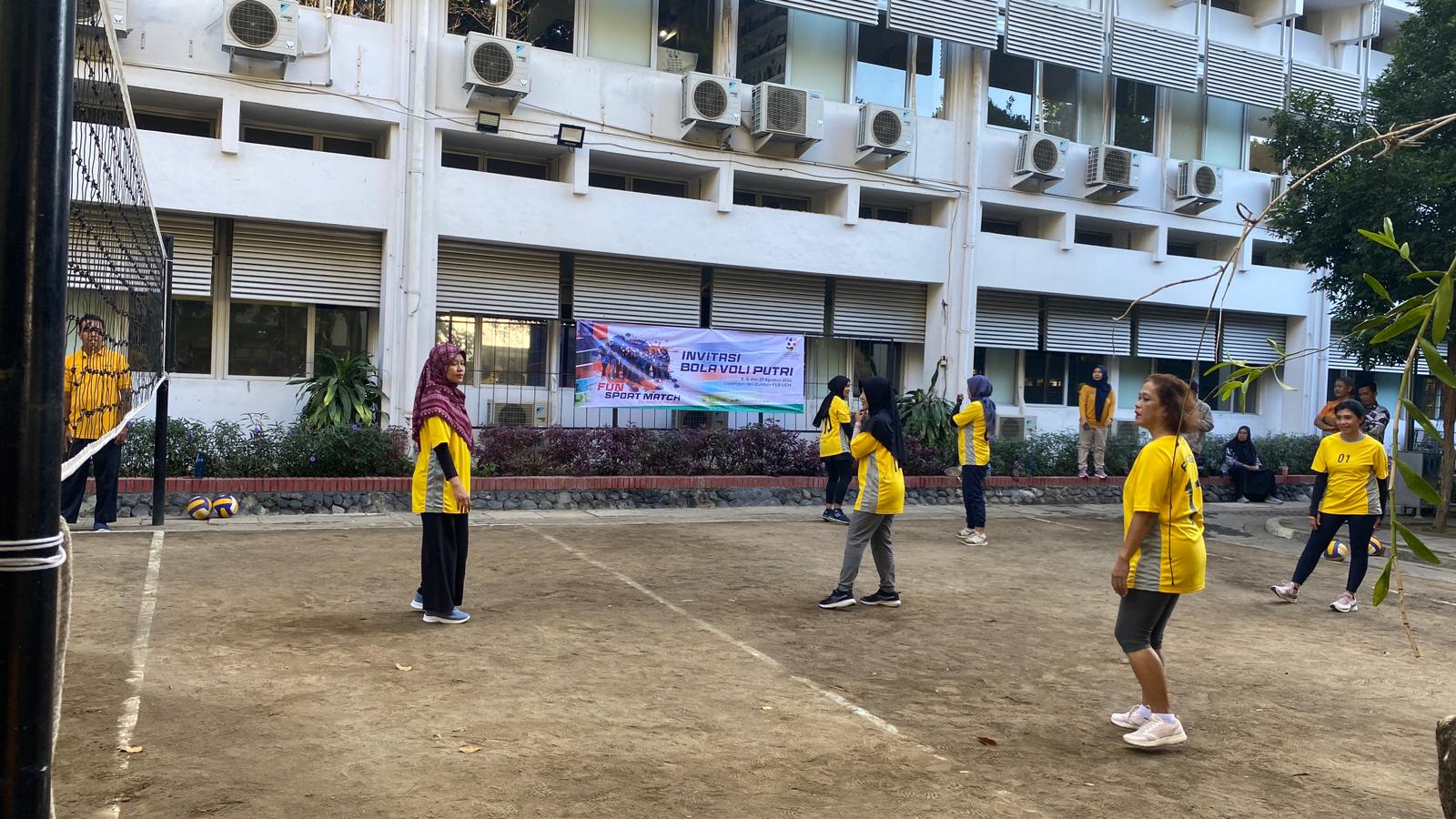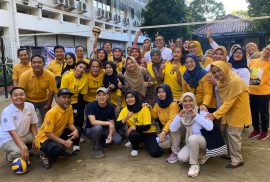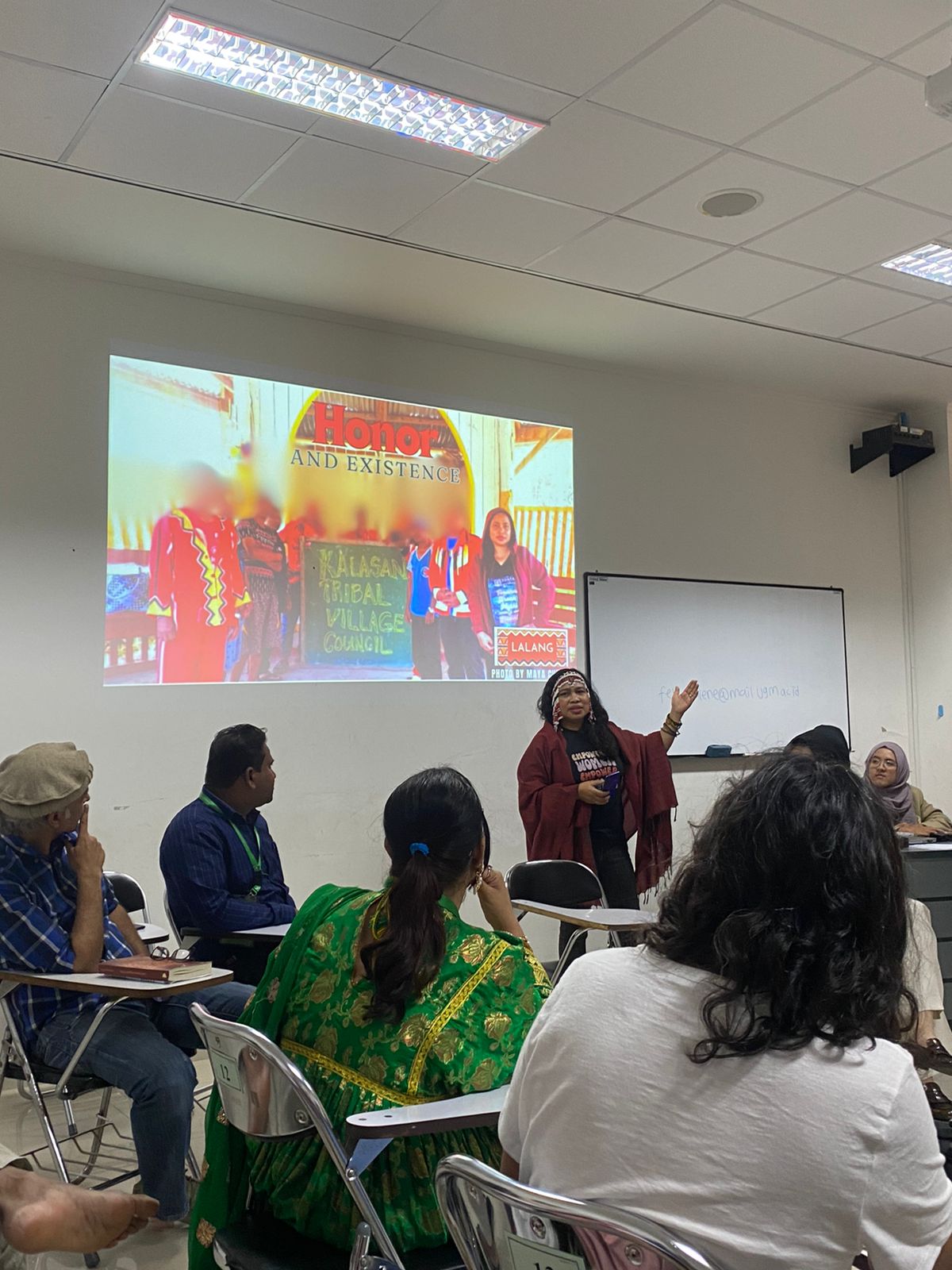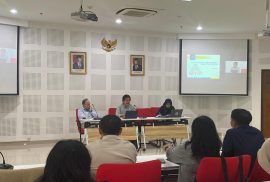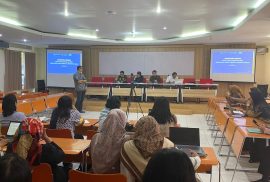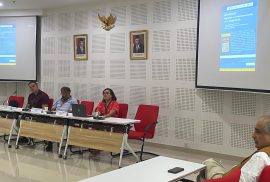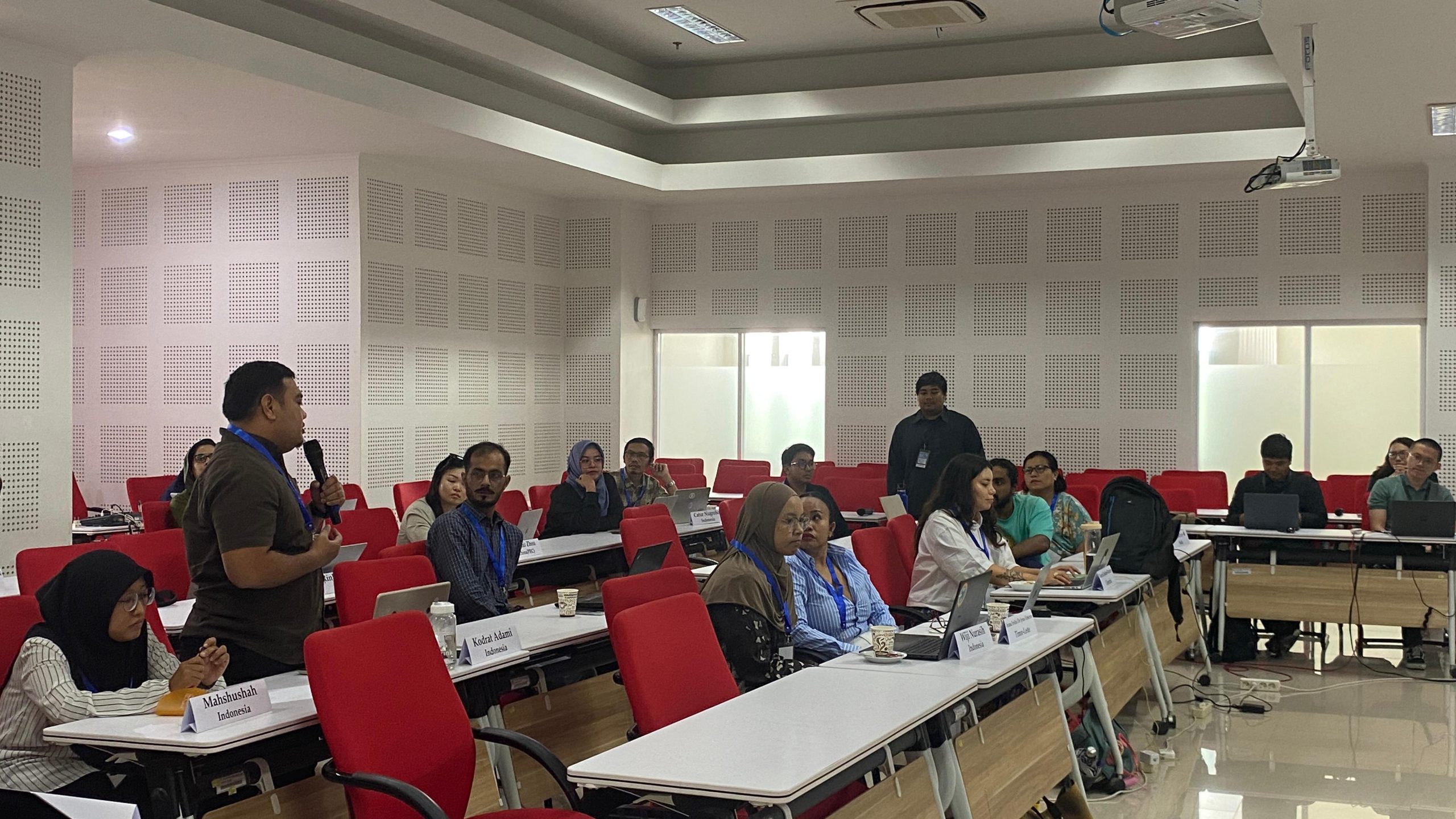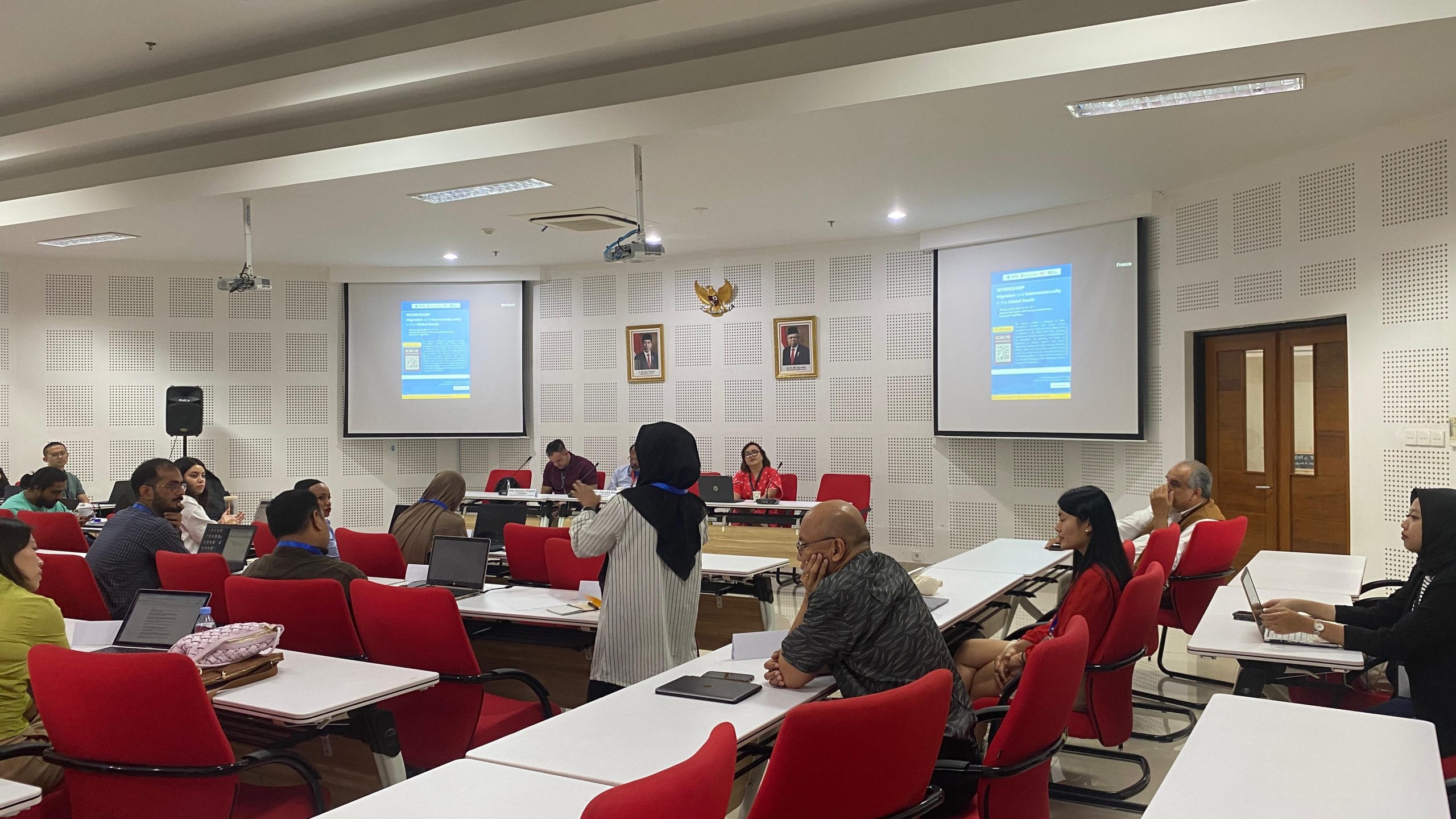Friday, August 9, 2024 – In the framework of the 69th Anniversary of the Faculty of Economics & Business (FEB) Universitas Gadjah Mada (UGM), a women’s volleyball match was held which brought together the FEB UGM team with the Faculty of Cultural Sciences (FIB) UGM team. The match was held at 07.30 WIB at the FEB UGM Volleyball Court, which is located next to Pertamina Tower.
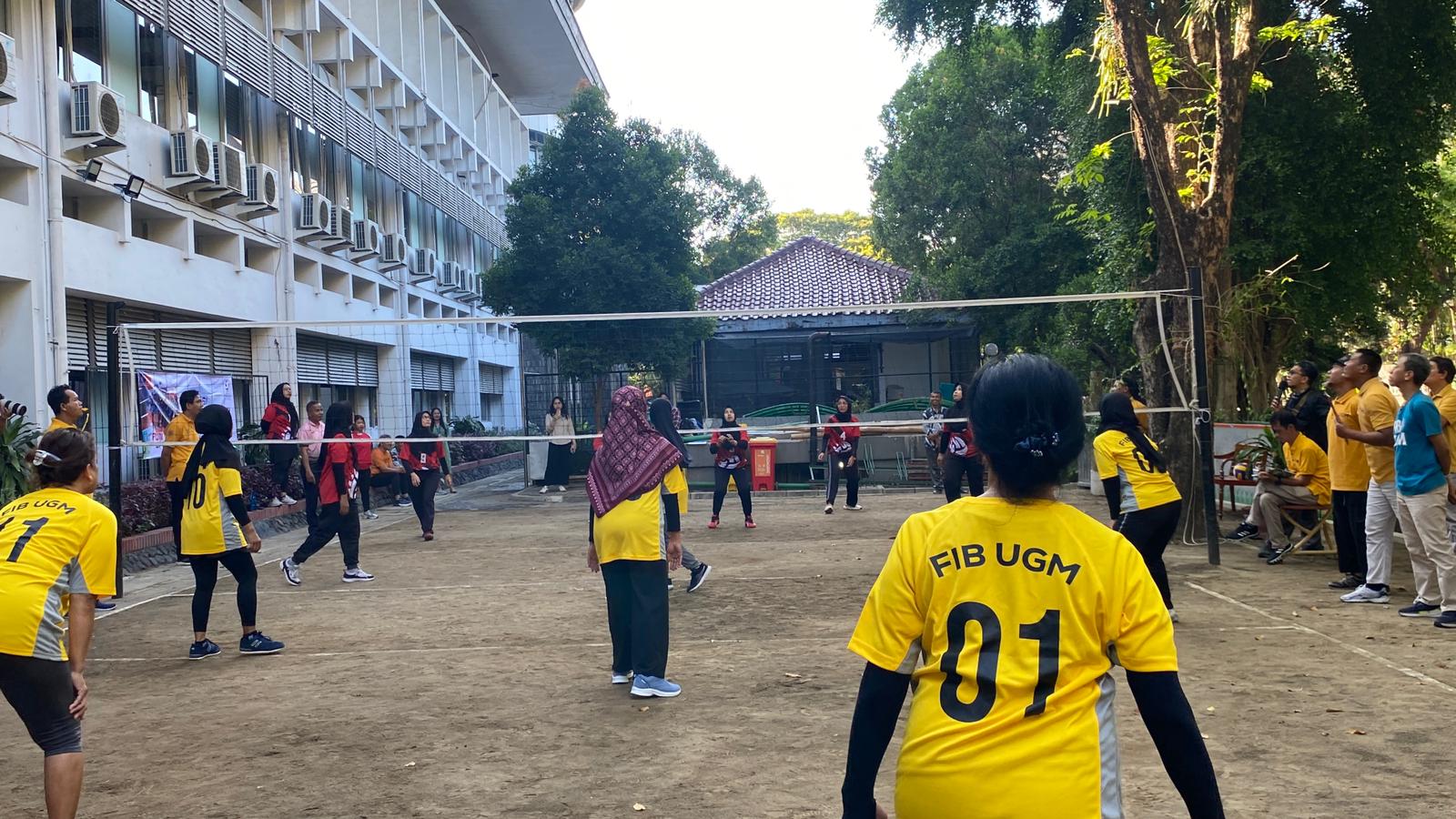
Although the match was won by the FEB UGM team, FIB UGM’s participation in this event received high appreciation. The FIB UGM team showed great spirit and enthusiasm, and enjoyed every moment of the game. The joy and spirit of sportsmanship shown by the UGM Faculty of Arts team added to the festive atmosphere in this 69th Anniversary celebration.
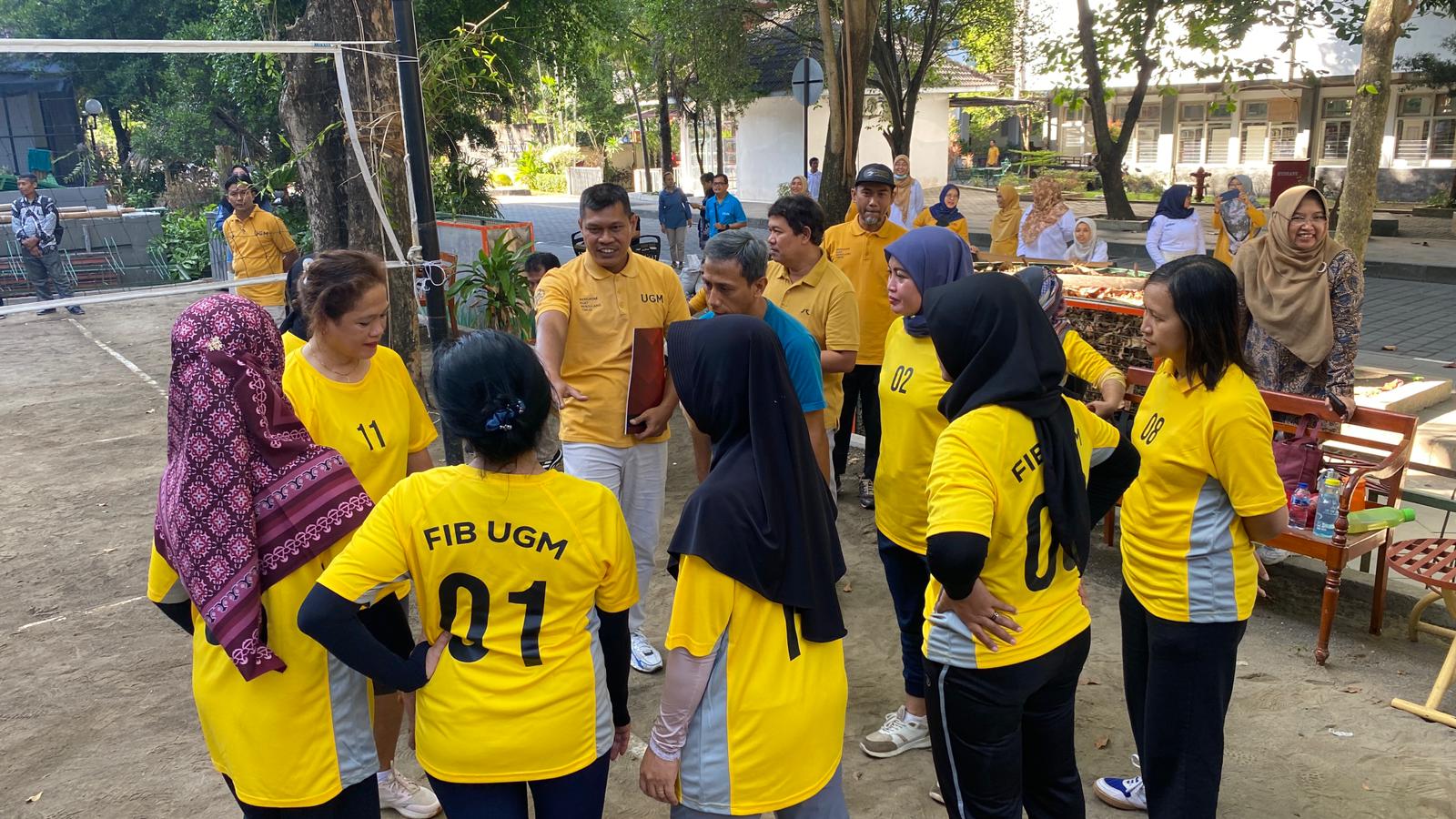
FIB UGM was very happy to be able to enliven the event organized by their neighboring faculty and hopes that similar activities can continue to strengthen relations between faculties and create more opportunities for collaboration in the future.
